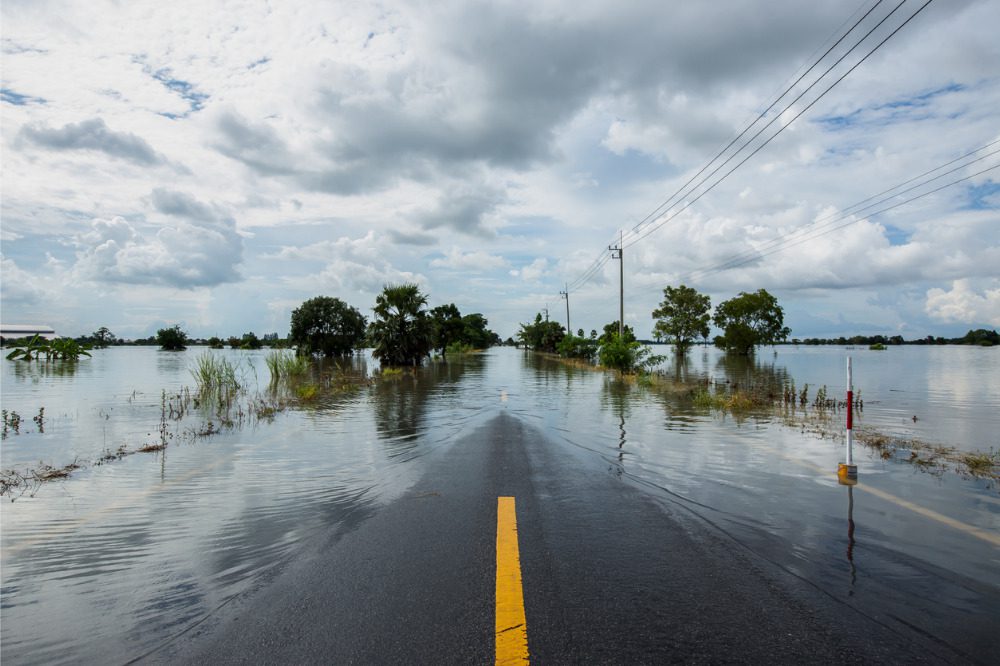Extreme weather events’ effects go beyond businesses’ property cover

One of the top effects of severe and frequent extreme weather events is pushing up insurance premiums. This is further compounded by escalating building costs and supply-chain constraints.
Mark Jones, Crombie Lockwood’s chief broking officer, said price increases are also reflected by higher costs for repairing insured damage or replacing lost or damaged goods. In addition to escalating prices, there are also significant time delays in getting materials and goods into the country.
“These delays might result in a longer settlement for an insurance claim, which in turn increases overheads such as having to pay for alternative accommodation or additional costs to operate the business or hire temporary vehicles,” Jones said. “The current tight labour market is also not helping this situation.”
More frequent extreme weather events have also created several profitability challenges for insurers, which also affect those insured.
According to Crombie Lockwood, the unpredictability of such events or natural disasters forces insurers to maintain higher capital reserves. This unpredictability also affects their ability to invest funds raised through premiums to maximise returns and meet capital reserve requirements. To compensate for this, insurers transfer part of their exposure to external parties such as reinsurers, which, in turn, are raising reinsurance premiums to offset their weather-related losses.
These additional costs for insurers are passed on to consumers, who may respond by reducing their insurance cover because they can no longer afford it, which worsens the problem of underinsurance.
To help address this, Crombie Lockwood said that governments should be involved through mitigation activities such as supporting engineering solutions to weather-related threats, providing incentives for protective adaptations to properties and subsidising insurance for otherwise uninsurable properties.
Aside from property insurance, extreme weather events can also hit a businesses’ liability covers. Crombie Lockwood pointed out the potential for legal action against either the company or its directors over perceived failures to sufficiently take climate change into consideration. This could trigger their D&O liability policies.
Jones said the government’s Companies (Directors Duties) Amendment Bill, which is currently before Parliament, states that along with acting in the best interests of the company, directors must specifically consider “reducing adverse environmental impacts” in their governance framework.
“Organisations are increasingly looking at their duties relating to environment, social and corporate governance (ESG) and how these relate to climate change and the impact on their business,” Jones said. “It is yet to be seen in New Zealand whether legal proceedings will arise from these new requirements. However, if overseas experience is anything to go by, we can expect allegations against directors in this space.”
Jones said that companies should review their risk profile, especially how it specifically relates to extreme weather events. They should also understand how such events could affect their property or business. It is also prudent for companies to put risk mitigation measures in place before an event occurs.
“You should also be aware of climate change and environmental impact-related responsibilities within your company’s directors and officers liability policy,” he said.





